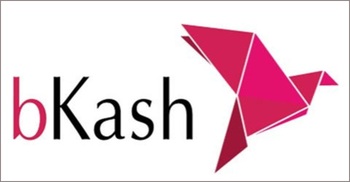14 more die in RMCH Covid-19 unit

A number of 14 more people, including five females, died at Covid-19 unit of Rajshahi Medical College and Hospital (RMCH) during the last 24 hours till 6 am today, taking the death toll to 204, so far, this month, along with 354 in June, reports BSS.
RMCH Director Brig Gen Shamim Yazdani told newsmen that five of those were the residents of Rajshahi, four from Natore, two from Chapainawabganj and Naogaon each and one from Pabna districts. They were aged between 21 and 65, he said.
Among the deaths, six tested positive for Covid-19, four had its symptoms and four others died after becoming negative from Covid-19, he said, adding that yesterday's fatality figure was 19.
Yazdani said the hospital had counted a record number of 25 fatalities caused by Covid-19 on June 29 last since the pandemic began.
Some 64 more patients were admitted to the designated wards of the hospital afresh during the time, taking its number to 518. Another 19 patients are undergoing treatment in the Intensive Care Unit (ICU) of the hospital.
There are 454 beds in 14 wards dedicated for the Covid-19 patients in the hospital. Two more wards with central oxygen supply systems have been added to the corona unit recently to cope with the gradually mounting pressure.
Meanwhile, demand for oxygen has gradually been rising with escalation of patients in the hospital for the last couple of months.
At present, over 8,000 liters of oxygen are being supplied to the Covid-19 patients every day on an average in the hospital but the daily oxygen demand was only 2,500 liters in around two months back.
But the oxygen demand has gone up by around 3,000 liters, particularly in the last one month.
Yazdani opined over 60 percent of the new Covid-19 patients admitted to the Covid-19 unit of RMCH are from villages, reiterating that awareness among the villagers is less compared to the urban people.
Despite symptoms they hesitate to go for tests. “Only they are coming to the hospital when they feel worse. Then we have nothing to do for them, they are dying,” he continued.
He said utmost attention should be given to the villages along with urban areas as the fatality rate among the villagers is more and the grave situation is aggravating day-by-day there.
Apart from the administration and health workers, public representatives, political activists and volunteers should come forward and work together, otherwise, the situation may be further more alarming, he mentioned.







